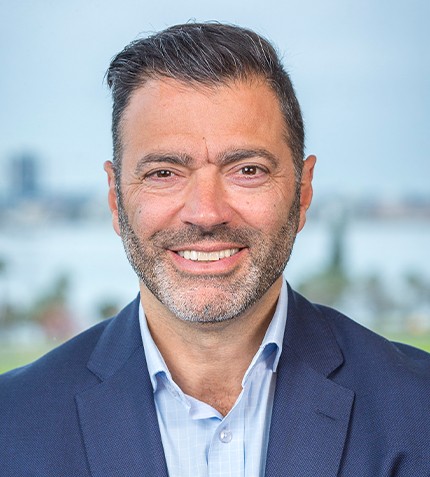
PUBLICATION
Oil and Gas Investor
Canada Oil & Gas 2007 OGI Releae
October 03, 2007
As oil and gas producing nations go, Canada is an odd one. Despite being one of the places where the commercial oil and gas industry started 150 years ago, Canada, in 2007, is one of only a couple of OEDC countries still capable of increasing its current production, and the only one that can do so with any real significance on a global scale. For a country of such vastness, this is perhaps unsurprising, but the fact that the U.S. is unlikely to ever have to send 100,000 of its troops to “liberate” Calgary has meant that Canada has been able to develop its oil and gas sector without too many people knowing about it. And that’s the way that most Canadians, with characteristic modesty, appear to like it.
RELATED INTERVIEWS MORE INTERVIEWS
"The energy transition can only be funded by big oil, as they are the only players who can balance the low returns of renewables projects with their high earning fossil fuel projects."
"Every oilfield declines without continued investment, so new owners must push hard to restore and increase output. This means significant opportunities for contractors like us in the form of asset upgrades and new projects."
Petromar speaks of the outlook for Angola’s oil and gas service industry for the next two years.
"While in other markets, SPIE often primarily provides technical assistance and workforce supply, our Nigerian operations have evolved into a fully integrated service provider."













